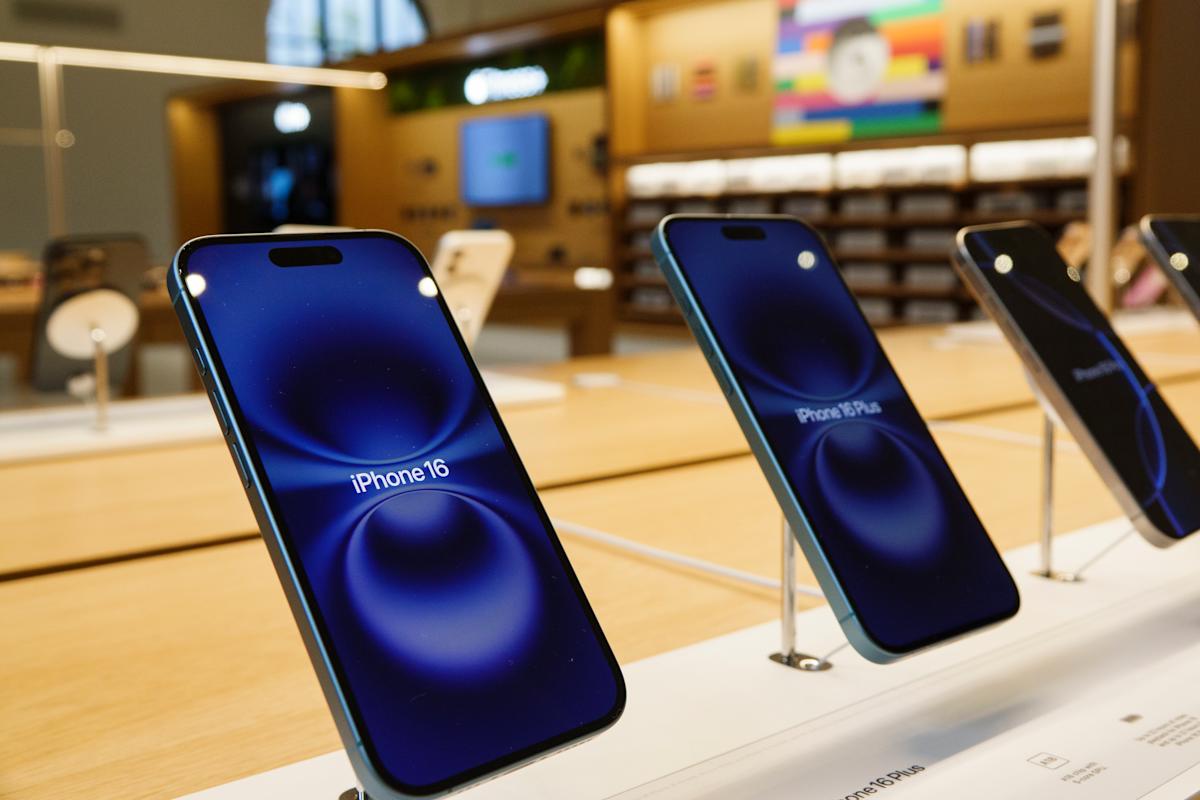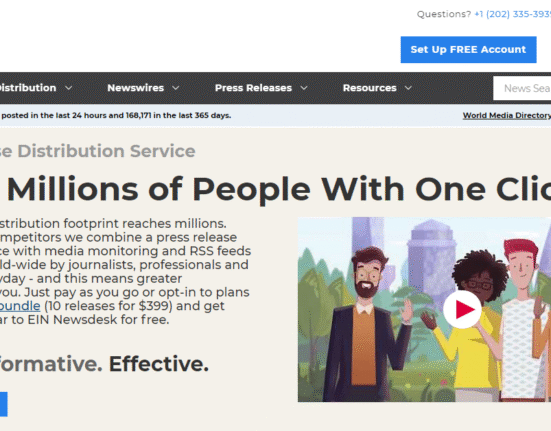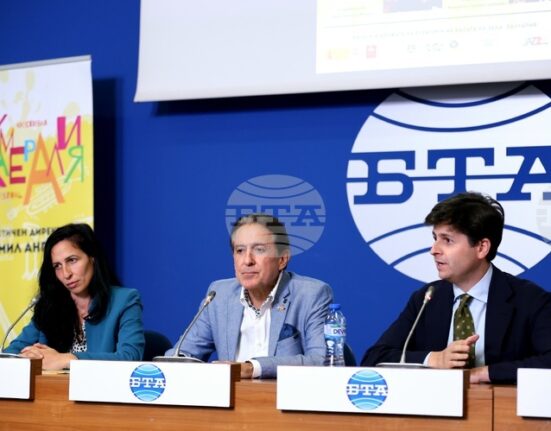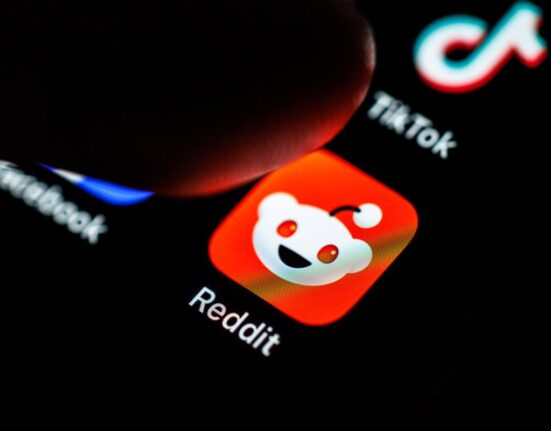The tech industry is once again on a knife’s edge after President Trump signed an executive action on Monday delaying the implementation of his reciprocal tariffs on countries around the world until Aug. 1.
The decision came just days before the prior July 9 deadline when many of Trump’s original “Liberation Day” tariffs were to take hold. Trump also began sending out letters to select trading partners, including Japan and South Korea, which he said will face 25% levies if they don’t reach agreements with the United States by Aug. 1.
For the tech industry, the announcements mark a return to the uncertainty of April, which sent both the S&P 500 and Dow plummeting, as Trump seeks to remake the country’s various trade relationships.
“It’s been two steps forward, one step back,” explained Deepwater Asset Management managing partner Gene Munster.
Read more: 5 ways to tariff-proof your finances
“We’re still moving forward, but what it means for Big Tech is that it opens up this unknown about what happens now and in that … December quarter, because any changes probably won’t really start to take effect until midway through the September quarter,” Munster added.
What happens after the Aug. 1 deadline, though, is anyone’s guess. For now, Trump says he won’t extend the deadline, but he’s also pushed it out twice already.
If there’s one bright side to the tariff changes, it’s that they don’t impact the ongoing trade negotiations between the US and China, which could have resulted in price hikes on tech products. According to the US International Trade Commission, Trump’s tariffs on the country will largely remain suspended through Aug. 10.
Then there are companies like Nvidia (NVDA) and Apple (AAPL), which have won a reprieve from the immediate threat of tariffs but face individual actions from the Trump administration. Nvidia is contending with a ban on the sale of its chips to China, while Apple is staring down an additional 25% tariff if it doesn’t begin building its devices in the US instead of relying on manufacturing in other countries, including China and India.
And every tech company is waiting on tenterhooks for the administration to announce its tariffs on semiconductor imports.
It all adds up to a confusing summer for Big Tech.
Among the biggest challenges for Big Tech is the inability to plan how to address the impact of tariffs in the coming months. What’s more, with the US pushing for countries to exclude China from their supply chains, there’s no guarantee the current cooling in the trade war between the two superpowers won’t go hot again.
The tech industry is once again on a knife’s edge after President Trump signed an executive action on Monday delaying the implementation of his reciprocal tariffs on countries around the world until Aug. 1.
The decision came just days before the prior July 9 deadline when many of Trump’s original “Liberation Day” tariffs were to take hold. Trump also began sending out letters to select trading partners, including Japan and South Korea, which he said will face 25% levies if they don’t reach agreements with the United States by Aug. 1.
For the tech industry, the announcements mark a return to the uncertainty of April, which sent both the S&P 500 and Dow plummeting, as Trump seeks to remake the country’s various trade relationships.
“It’s been two steps forward, one step back,” explained Deepwater Asset Management managing partner Gene Munster.
Read more: 5 ways to tariff-proof your finances
“We’re still moving forward, but what it means for Big Tech is that it opens up this unknown about what happens now and in that … December quarter, because any changes probably won’t really start to take effect until midway through the September quarter,” Munster added.
What happens after the Aug. 1 deadline, though, is anyone’s guess. For now, Trump says he won’t extend the deadline, but he’s also pushed it out twice already.
If there’s one bright side to the tariff changes, it’s that they don’t impact the ongoing trade negotiations between the US and China, which could have resulted in price hikes on tech products. According to the US International Trade Commission, Trump’s tariffs on the country will largely remain suspended through Aug. 10.
Then there are companies like Nvidia (NVDA) and Apple (AAPL), which have won a reprieve from the immediate threat of tariffs but face individual actions from the Trump administration. Nvidia is contending with a ban on the sale of its chips to China, while Apple is staring down an additional 25% tariff if it doesn’t begin building its devices in the US instead of relying on manufacturing in other countries, including China and India.
And every tech company is waiting on tenterhooks for the administration to announce its tariffs on semiconductor imports.
It all adds up to a confusing summer for Big Tech.
Among the biggest challenges for Big Tech is the inability to plan how to address the impact of tariffs in the coming months. What’s more, with the US pushing for countries to exclude China from their supply chains, there’s no guarantee the current cooling in the trade war between the two superpowers won’t go hot again.










Leave feedback about this